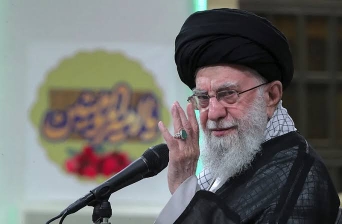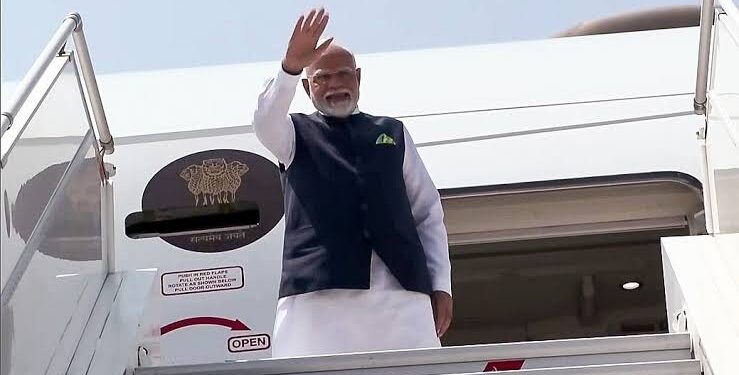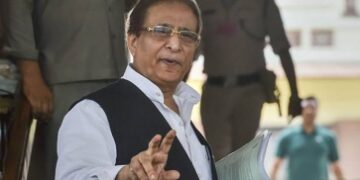The question of successor is in the discussion in the event of death or decline of governance, the supreme leader of Iran, Ayatollah Ali Khamenei, who has been in power since 1989. The recent military conflict with Israel and the increasing threat against Khamenei have intensified the discussion. The succession process will be run by Iran’s assembly expert, including 88 religious scholars,. The body is constitutionally responsible for appointing, monitoring and removing the supreme leader.
Possible contenders:
1. Majatba Khamenei: Khamenei’s second son, Majatba, is a prominent contender. He has a strong relationship with the Islamic Revolutionary Guard Corps (IRGC) and conservative elite. However, the idea of hereditary succession is considered against the principles of revolution, causing dispute. In the BBC Persian survey, 30 experts considered Majatba as a possible successor, but Iran’s constitution considers hereditary rule as “non-Islamic”.
2. Alirja Arafi: A senior religious scholar and vice -president of the assembly expert, Arafi Kom’s head of the top religious madrasa and a member of the Guardian Council. His conservative ideology and deep relations with the ruling elite make him a strong contender.
3. Hashham Hussaini Busheri: Busheri, the first vice -president of the assembly expert and the leader of the Kom Madrasa Society, is known as the Imam of the Friday prayer appointed by Khamenei. His religious and political credibility makes him a possible candidate.
Israeli Prime Minister Benjamin Netanyahu claimed that the assassination of Khamenei could end the Israeli-Iran struggle, but US President Donald Trump vetoed the Israeli plan to kill Khamenei. Experts believe that in the absence of Khamenei, the rule may temporarily adapt, but the new leadership will be important for long -term stability. It may also have an impact on Iran’s Shia alliance and regional effects.






